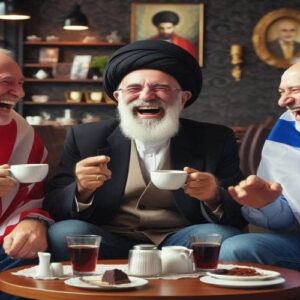A lifestyle typically reflects an individual’s attitudes, way of life, values, or world view. Therefore, a lifestyle is a means of forging a sense of self and to create cultural symbols that resonate with personal identity. Not all aspects of a lifestyle are voluntary. Surrounding social and technical systems can constrain the lifestyle choices available to the individual and the symbols she/he is able to project to others and the self.
The lines between personal identity and the everyday doings that signal a particular lifestyle become blurred in modern society.For example, „green lifestyle“ means holding beliefs and engaging in activities that consume fewer resources and produce less harmful waste (i.e. a smaller ecological footprint), and deriving a sense of self from holding these beliefs and engaging in these activities. Some commentators argue that, in modernity, the cornerstone of lifestyle construction is consumption behavior, which offers the possibility to create and further individualize the self with different products or services that signal different ways of life.
Lifestyle may include views on politics, religion, health, intimacy, and more. All of these aspects play a role in shaping someone’s lifestyle. In the magazine and television industries, „lifestyle“ is used to describe a category of publications or programs.
Diversity is more effectively present in mass media than previously, but this is not an obvious or unequivocal gain. By the late 1950s, the homogenization of consciousness had become counterproductive for the purposes of capital expansion; new needs for new commodities had to be created, and this required the reintroduction of the minimal negativity that had been previously eliminated. The cult of the new that had been the prerogative of art throughout the modernist epoch into the period of post-war unification and stabilization has returned to capital expansion from which it originally sprang. But this negativity is neither shocking nor emancipatory since it does not presage a transformation of the fundamental structures of everyday life. On the contrary, through the culture industry capital has co-opted the dynamics of negation both diachronically in its restless production of new and „different“ commodities and synchronically in its promotion of alternative „life-styles.“





Zêdetir
Şahê Îranê lotikek avêt û bang li Îranîyan kir
Îranê tir ji Îsraîlê berda
Sûdanî lotikek avêt û pesnê Amerîkayê da